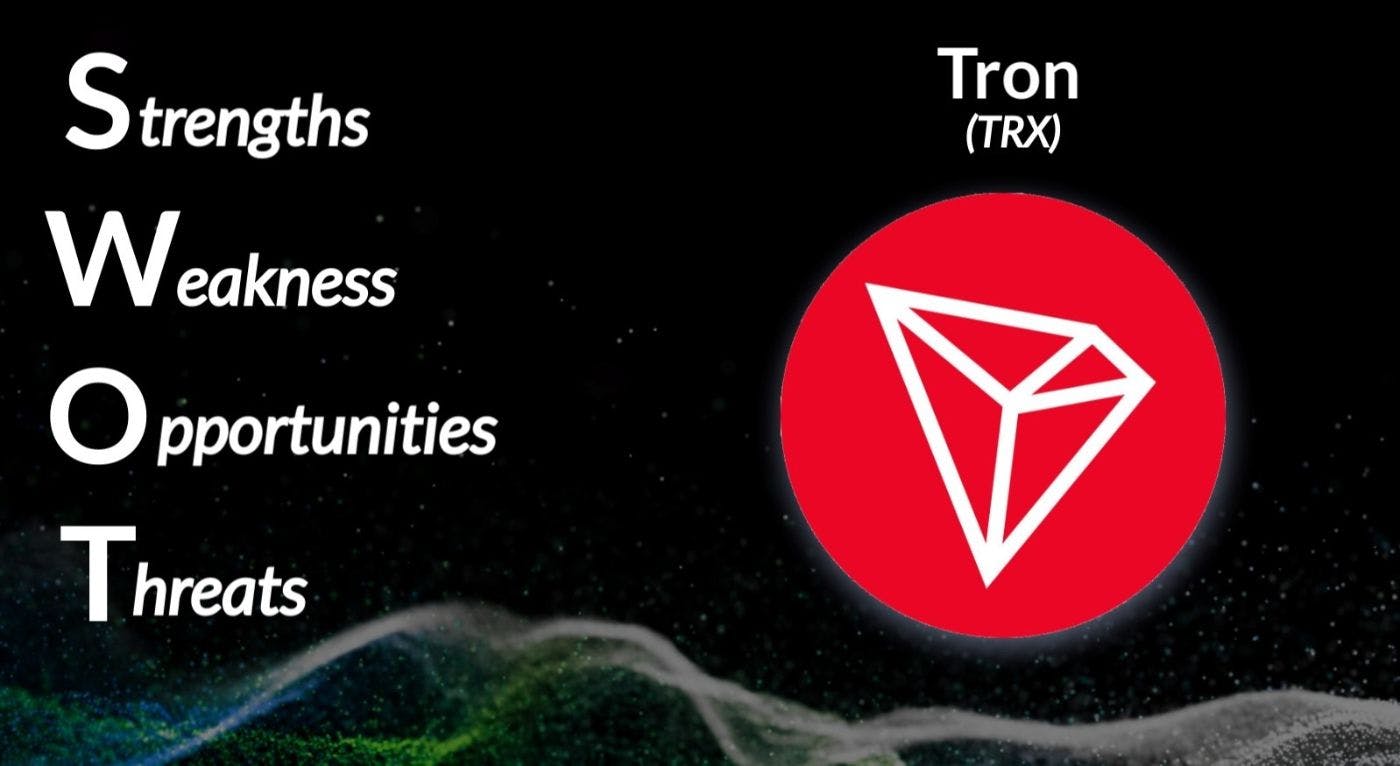304 reads
The Tron (TRX) SWOT Analysis: A Look at the 2017-era Blockchain
by
May 31st, 2023
Audio Presented by

Digital Asset Investor, Crypto Content Wizard, and Blockchain Architect solving problems & building kick-ass companies.
Story's Credibility



About Author
Digital Asset Investor, Crypto Content Wizard, and Blockchain Architect solving problems & building kick-ass companies.
